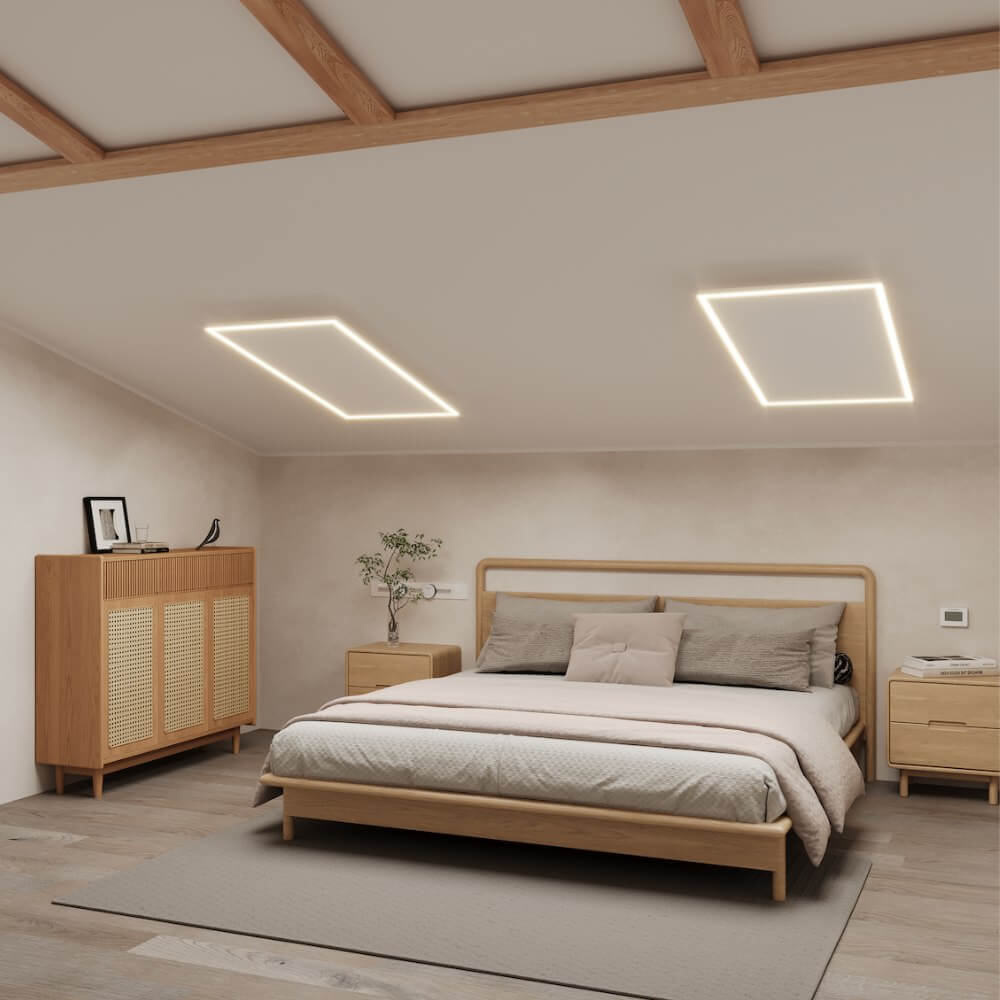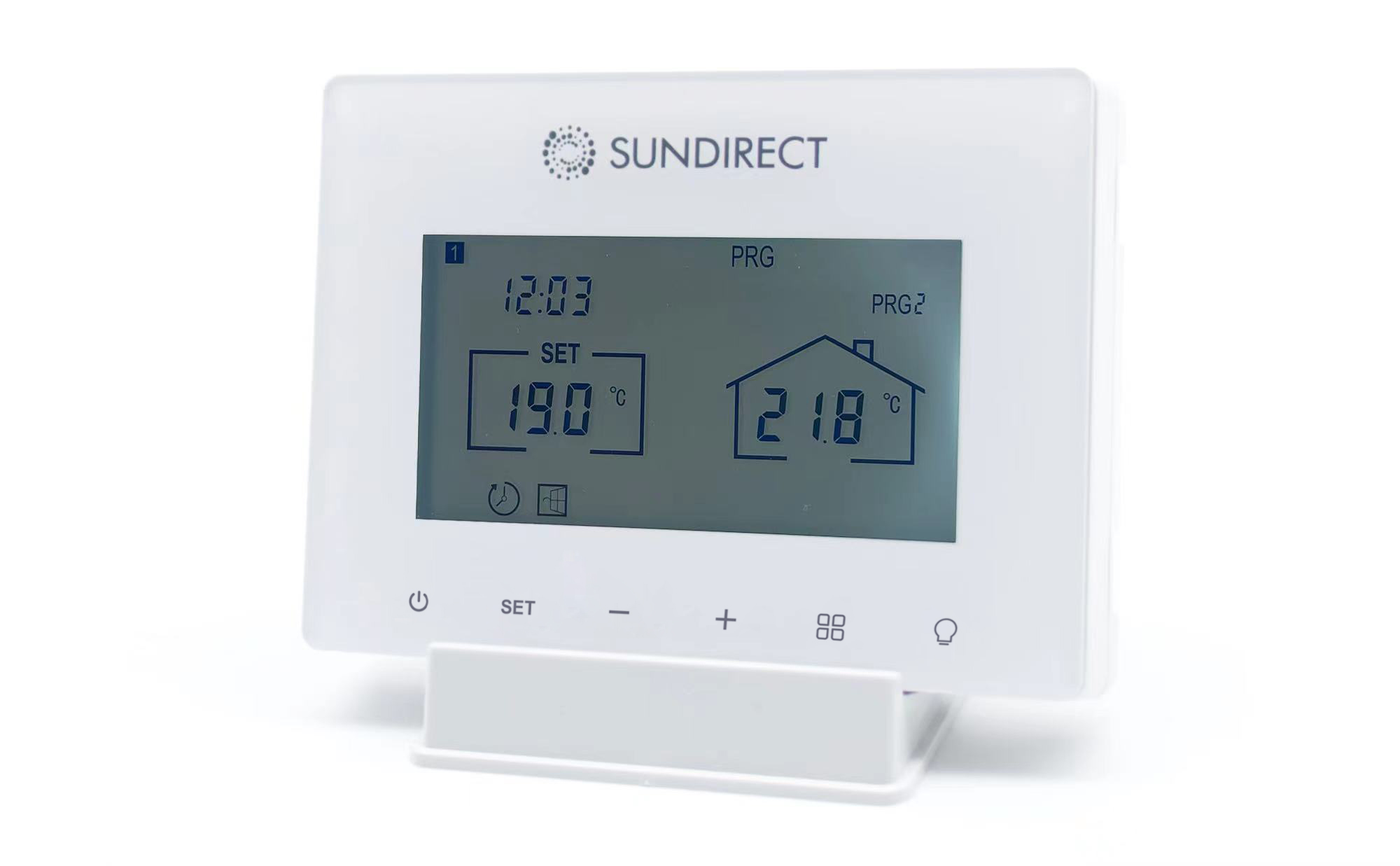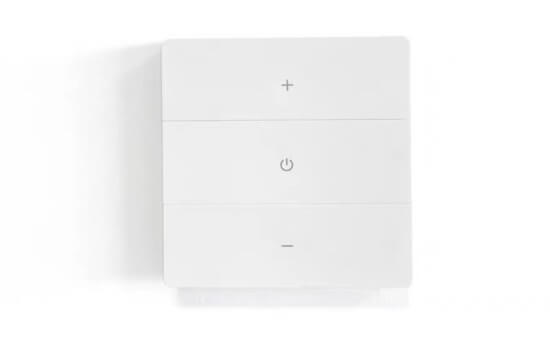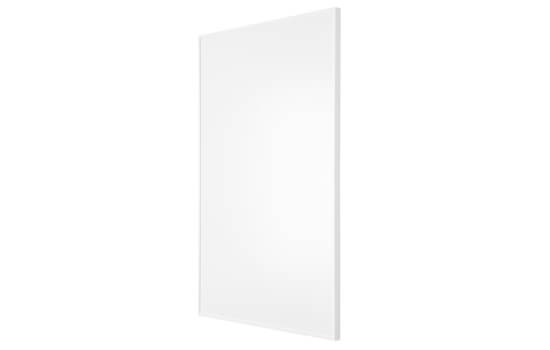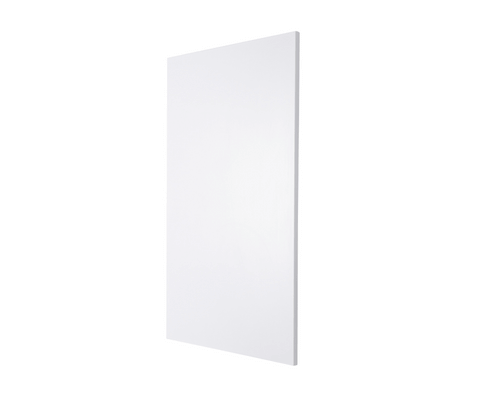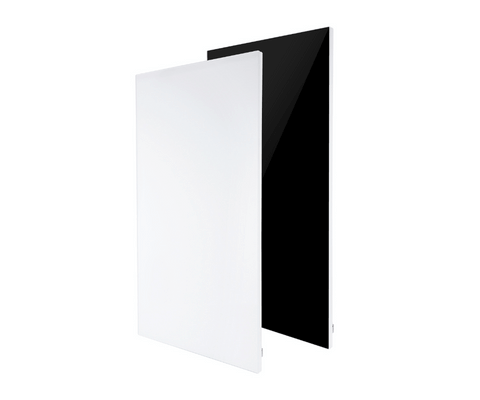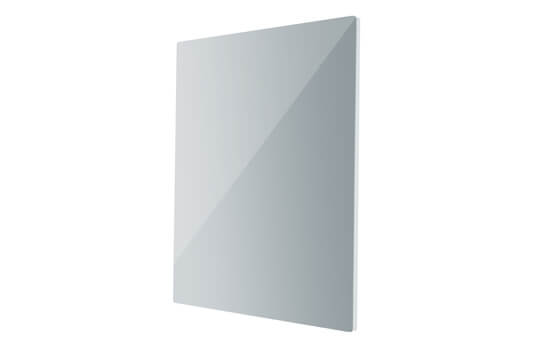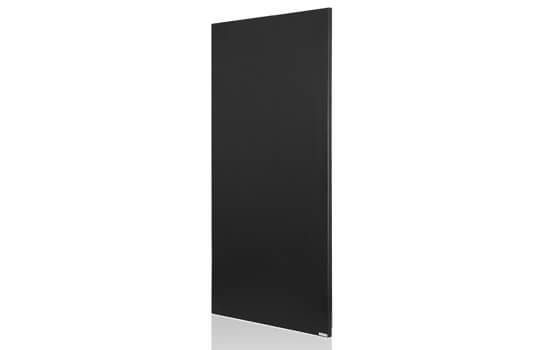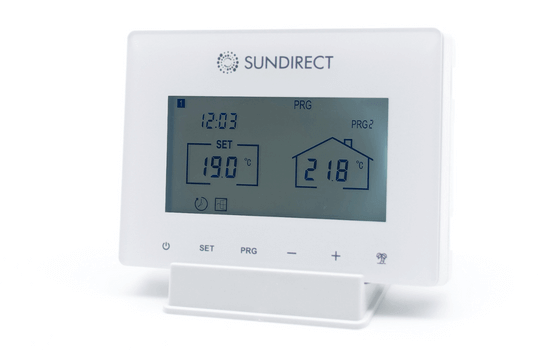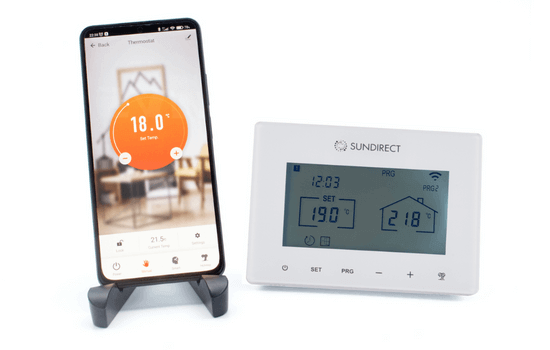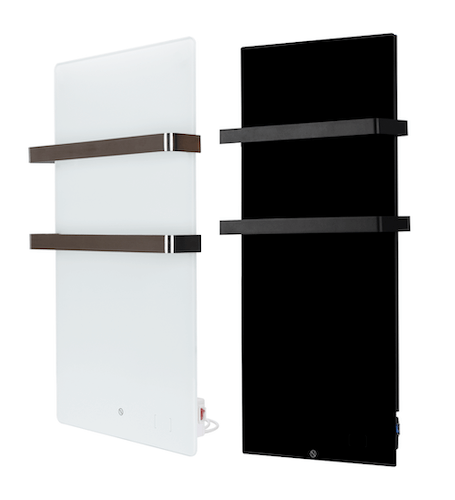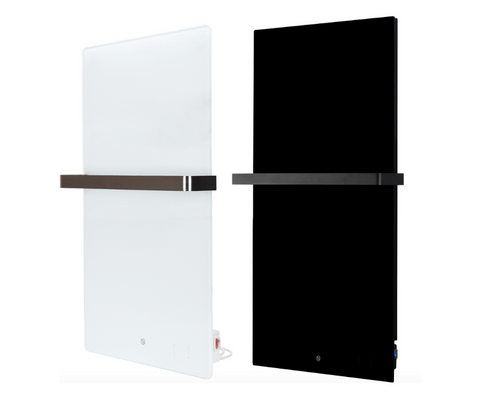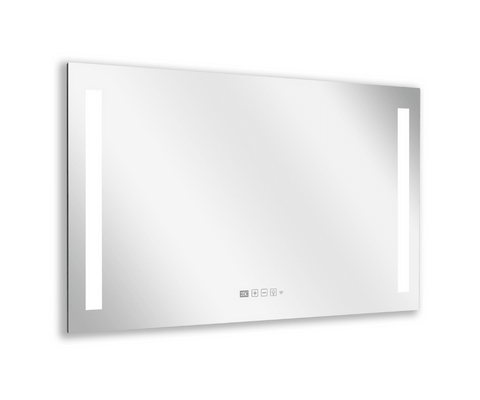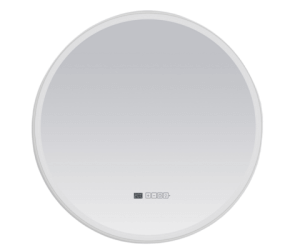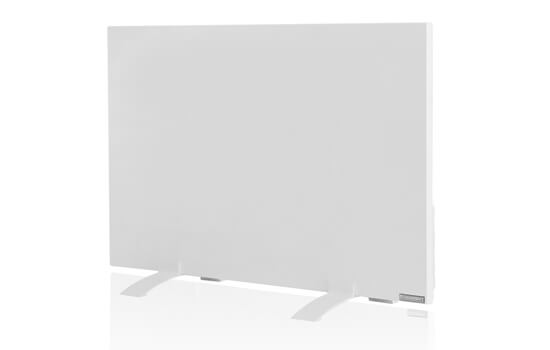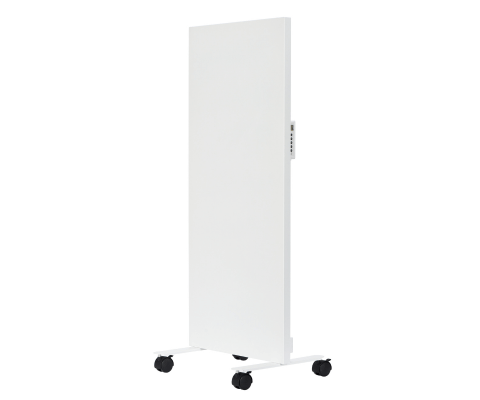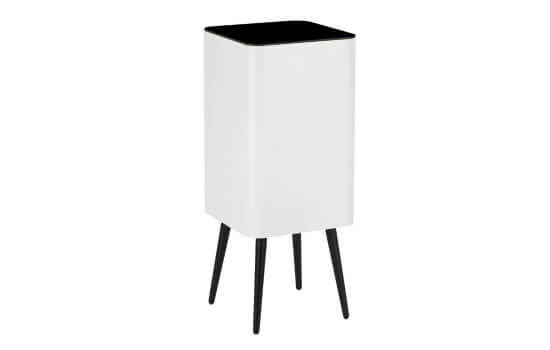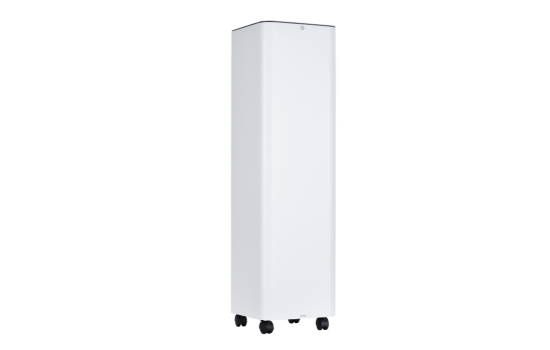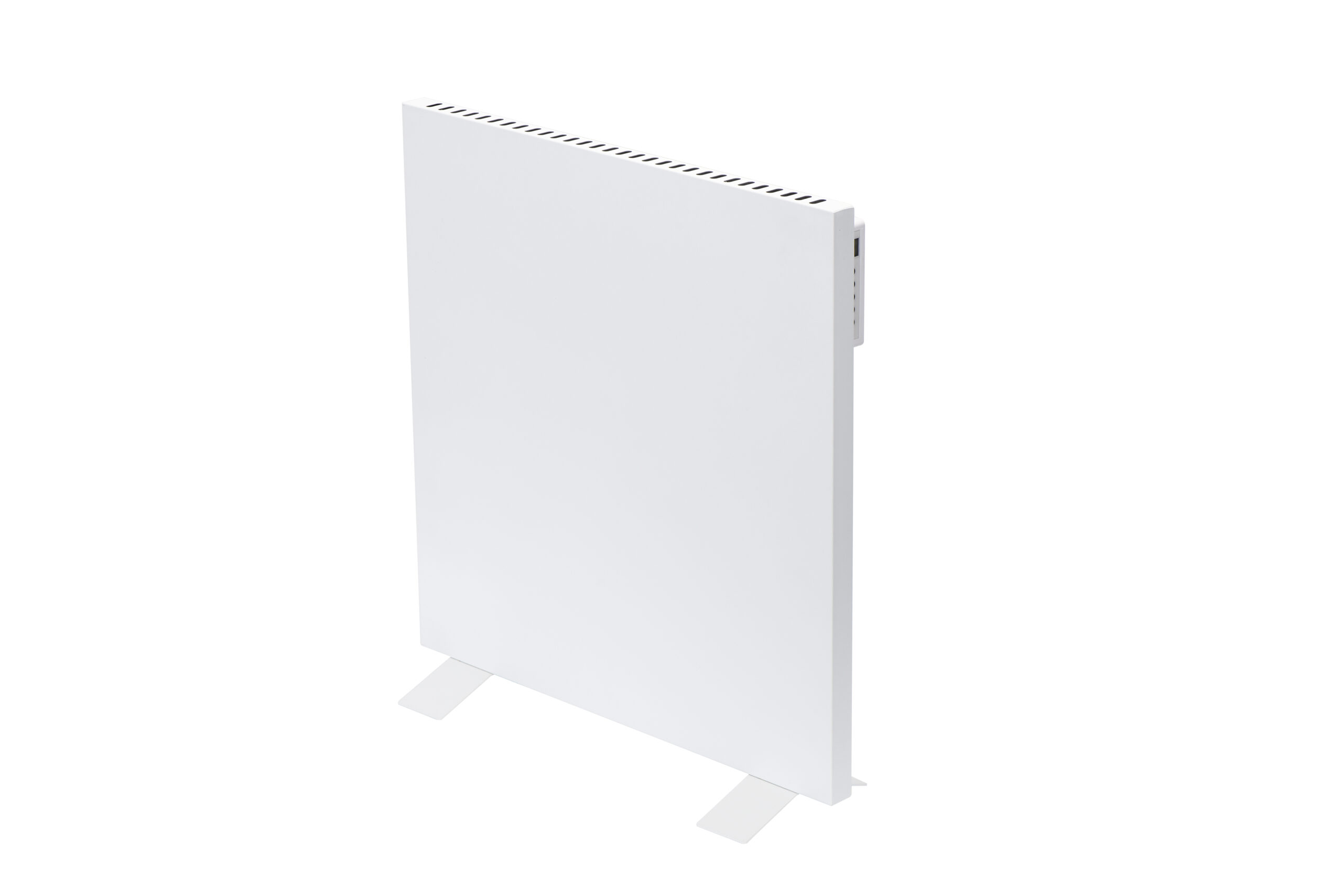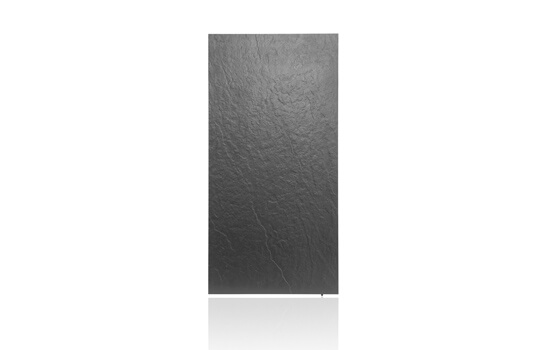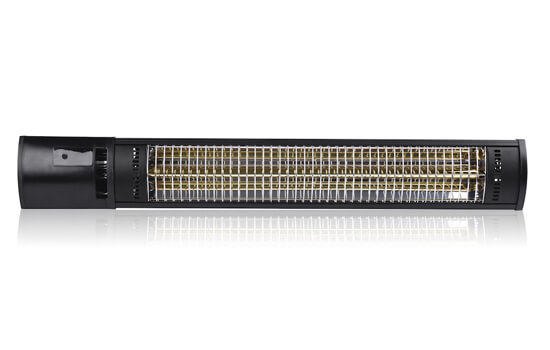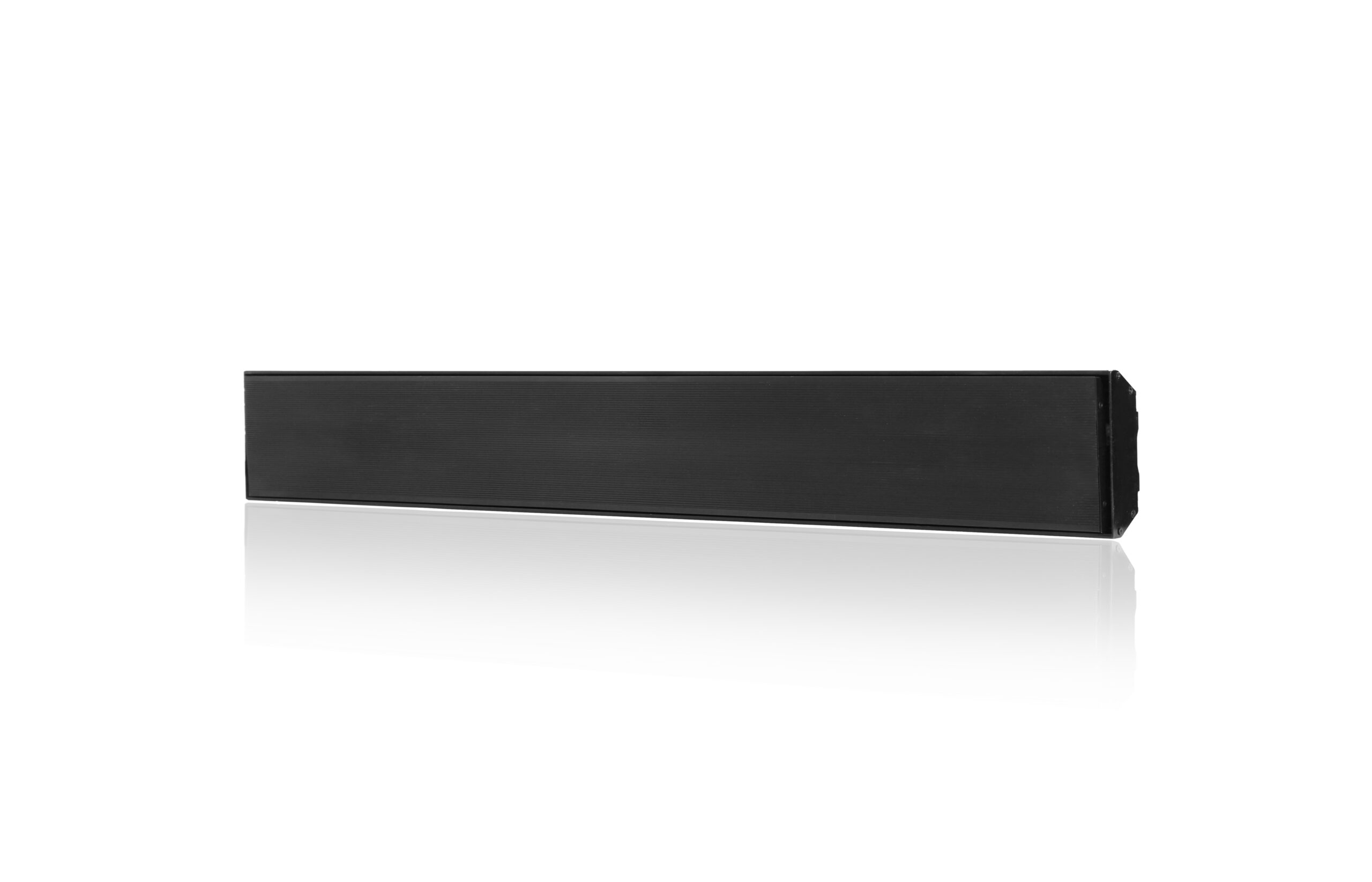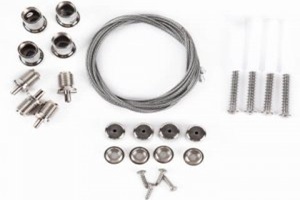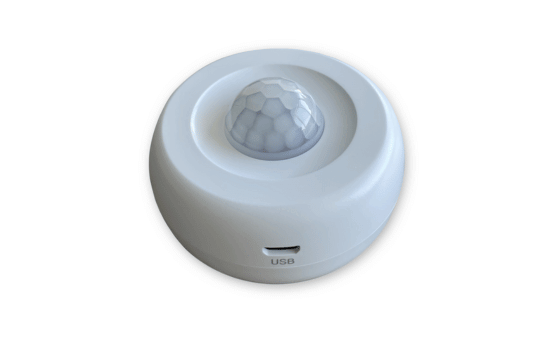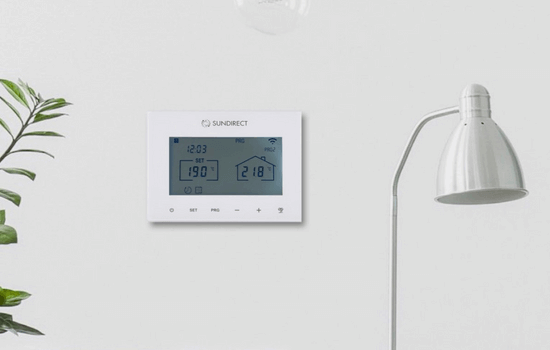With rising energy costs, homeowners are searching for the most efficient way to heat their homes. Two popular options are infrared heating and conventional heating (like gas, oil, or electric radiators). But which one is truly more cost-effective? Let’s break down how they work, their energy efficiency, and long-term savings to help you decide.
How Infrared and Conventional Heating Work
Infrared Heating
- Uses radiant heat, warming objects and people directly (like sunlight).
- Does not rely on heating the air first, reducing heat loss.
- Provides instant warmth where it’s needed most.
Conventional Heating
- Uses convection heating, warming the air first before circulating it.
- Common systems include gas boilers, electric radiators, and forced-air furnaces.
- Heat escapes easily through drafts, ceilings, and poor insulation.
Energy Efficiency: Key Differences
Infrared Heating Benefits
- Near 100% efficiency – Almost all electricity is converted into heat.
- No wasted energy – Heats objects, not empty air, so warmth lasts longer.
- Zonal heating – Can heat only occupied rooms, cutting unnecessary usage.
- Faster response time – No waiting for the air to warm up.
Conventional Heating Drawbacks
- Energy loss – Heat escapes through ducts, vents, and poor insulation.
- Slower heating – Takes time to warm up a room.
- Less targeted – Heats entire spaces, even unused areas.
Cost Comparison: Upfront vs. Long-Term Savings
Upfront Costs
- Infrared heaters – Higher initial cost for panels or portable units.
- Conventional systems – Lower upfront cost for basic heaters, but central heating installation can be expensive.
Running Costs
- Infrared heaters – Typically 20-50% cheaper to run than traditional systems.
- Gas/oil heating – Fuel prices fluctuate, often making them more expensive over time.
- Electric radiators – Less efficient than infrared, leading to higher bills.
Long-Term Savings
- Infrared heaters last longer (20+ years vs. 10-15 for traditional systems).
- No maintenance costs – Unlike boilers or furnaces, infrared heaters don’t need servicing.
- Lower thermostat settings needed – You feel warmer at lower temperatures, saving energy.
Additional Benefits of Infrared Heating
- Better air quality – Doesn’t circulate dust or dry out the air.
- Silent operation – No noisy fans or pumps.
- Eco-friendly – No carbon emissions (if powered by renewable energy).
- Safe and low fire risk – No open flames or hot surfaces (unlike space heaters).
When Conventional Heating Might Be Better
While infrared is highly efficient, some cases still favor traditional heating:
- Extremely cold climates – Infrared works best in well-insulated spaces.
- Large, open homes – Central heating may distribute warmth more evenly.
- Cheap gas prices – If gas is significantly cheaper than electricity in your area.
Final Verdict: Which One Saves More?
✔ Infrared heating wins for energy savings in most homes due to its efficiency and targeted warmth.
✔ Best for: Well-insulated spaces, allergy sufferers, and eco-conscious homeowners.
✔ Conventional heating may still be practical for large homes or areas with cheap gas.
FAQs
1. Can infrared heating be used as a primary heat source?
- Yes, many homes use it as their main heating system.
2. Is infrared heating expensive to install?
- Portable units are affordable, while wall-mounted panels may need professional installation.
3. Does infrared heating work in large houses?
- Yes, but multiple panels may be needed for full coverage.
4. Does infrared heat dry out the air?
- No, unlike forced-air systems, it maintains humidity.
5. Is infrared safer than traditional heaters?
- Yes—no open flames, and many models have overheat protection.
Conclusion
If lower energy bills are your priority, infrared heating is the smarter choice in most cases. While the initial cost may be higher, the long-term savings, efficiency, and comfort make it a worthwhile investment.
Thinking of switching? Look for certified infrared heaters and consult an expert to maximize efficiency!
Would you choose infrared over conventional heating? Let us know in the comments! 🔥💡

